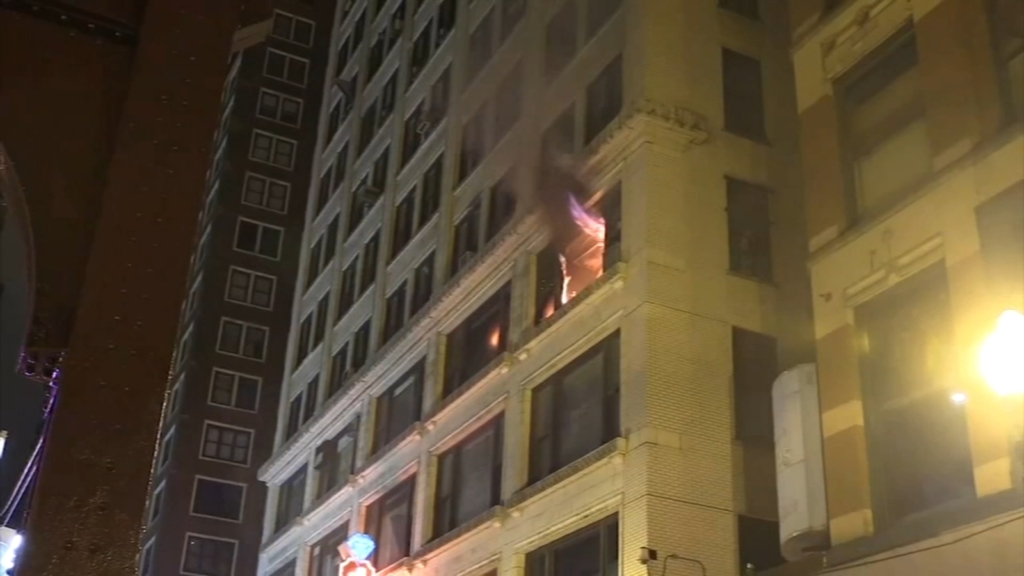Tragic Fire Supports Des Plaines Home Fire Sprinkler Requirement
Orland Park, IL (January 27, 2021) – The deadly home fire in Des Plaines where four children under the age of six and their 25-year old mother died today is a sad reminder of why requiring fire sprinklers in new homes is vital, according to Erik Hoffer, Executive Director, Northern Illinois Fire Sprinkler Advisory Board (NIFSAB).
The National Fire Protection Association (NFPA) reports that house fires can become deadly in as little as two minutes due to the contents in homes. Furniture and other belongings are now made of synthetic materials that burn fast and produce toxic smoke. People at highest risk are those that have trouble escaping quickly like young children, as in today’s fire, as well as the elderly and people with disabilities.
Just over fifteen years ago, the Des Plaines City Council passed an ordinance requiring the installation of automatic fire sprinklers in all newly constructed one- and two-family homes. Existing homes undergoing major additions are also required to retrofit.
“Today’s fire is so tragic. Our thoughts are with the family, firefighters and the mourning community,” Hoffer said. “People don’t realize how deadly fires can be. It is unfortunate this home was built before the ordinance was passed. But it reinforces why the ordinance is so important for the safety of residents and firefighters. As more homes are built with fire sprinklers, the risk of future fire tragedies will greatly decrease.”
“Smoke alarms are necessary as they are important early warning for occupants, but only fire sprinklers can control or extinguish a fire, allowing occupants the pathway to escape,” noted Hoffer. “They are individually activated by the heat from a fire while it is still small, preventing it from spread beyond the area of origin. Most often, a single fire sprinkler is all that is needed to control the spread of deadly heat and toxic smoke,” he said.
According to NIFSAB, there are more than 110 municipalities and fire protection districts in Illinois that require fire sprinklers in all new construction, regardless of building type, through the adoption of ordinances and model codes provided by the International Code Council and the NFPA.
###
About the Northern Illinois Fire Sprinkler Advisory Board (NIFSAB)
NIFSAB is a nonprofit organization dedicated to promoting progressive legislation, raising public awareness, and educating code officials and governmental policy makers by demonstrating the proven performance of fire sprinklers in saving both lives and property. For more information, visit FireSprinklerAssoc.org.


